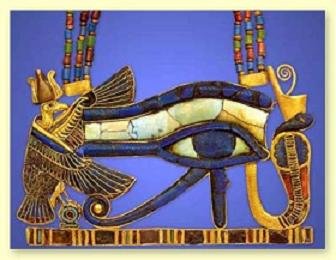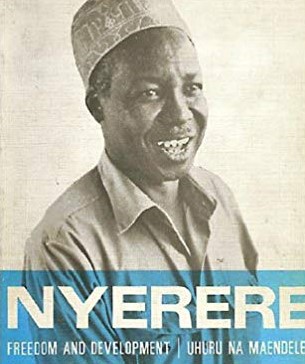The history of Islam in Africa is rich, substantial, and full of contradictions. While some would agree that Islam has a large positive heritage in Africa, others would disagree. In either case, it cannot be denied that Islam is now entrenched in many African cultures – almost inseparably – but also has a history of influencing many negative trends and forms of oppression, such as slavery, racism, and sexism. … More
Blog
SurādiQ blog
The Eye
… MoreSaid the Eye one day, “I see beyond these valleys mountain veiled with blue mist. Is it not beautiful?”
The Ear listened and after listening intently awhile, said, “But where is any mountain? I don’t hear it.”
Then the Hand spoke and said, “I am trying in vain to feel it or touch it, and I can find no mountain.”
And the Nose said, “There is no mountain.
Reflecting on “The End of Poverty?”
“Overcoming poverty is not a task of charity, it is an act of justice. Like Slavery and Apartheid, poverty is not natural. It is man-made and it can be overcome and eradicated by the actions of human beings.”
– Nelson Mandela
‘The End of Poverty?’ (with the question mark) is a November 2008-release documentary film that traces the roots of poverty in modern human societies.… More
Quotes from a Sudanese Leader

Dr. John Garang de Mabior
The direct quotes, below, are from his book, The Call for Democracy in Sudan, 1992, edited and introduced by Mansour Khalid.
What does Garang Want?
Sometimes the questions are asked; what does John Garang want? What does the SPLM want? And then the answers are given: they want greater autonomy for the South. It is a fight between Christians and Muslims.… More
Individual over Society

The argument that ‘society is more important than the individual’ is the pillar of fascism, and it was earlier promoted by people like Mussolini and Stalin. Yet, it is a widely shared conclusion by different people of different backgrounds and ideologies. This argument starts by drawing a clear dichotomy of ‘society vs. individuals’ (which is not realistic) and then argues for the favor of society using certain cultural sentiments (such as dress codes, family structures, and specific religious believes). … More
Culture, Religion, and Colonization in Africa
From my personal experience, I interacted with many informed African sisters and brothers – from the motherland and from the diaspora – who really seem to be very conscious and educated of history and social forces, but can’t get beyond the brittle and one-directional view of history when it comes to Africa.
They usually pause the dilemma as such: either Africa had its own history, its own systems of governance, its own culture and spirituality, or we should simply submit to the alienating argument that Africans learned everything through interacting with outside groups.… More
‘Hizbullah’ and ‘Jesus Inside’ on the Road
In Arusha, Tanzania, the Dala-Dala (mini-buses), just like in many African towns, are important members of the urban scene. They weave through the town’s centre and sides, packing passengers to the limit, transporting them from place to place all day. They keep the socioeconomic pulse pumping, the streets noisy and colourful and the urban network tightly connected. Also, as in many African towns, each Dala-Dala likes to distinguish itself by colourful decorations and inventive/witty comments and nicknames, written in large letters on the back of the vehicle.… More
The Intellectual Needs Society
… MoreThere is no doubt, of course, that the knowledge which has been acquired at schools and higher educational institutions can be used almost exclusively for personal gain, with benefit to the society being a mere by-product. Indeed, it sometimes seems that we have organized our societies on this basis, as the temptation of the highest wages is so often connected with the least socially useful occupations.


